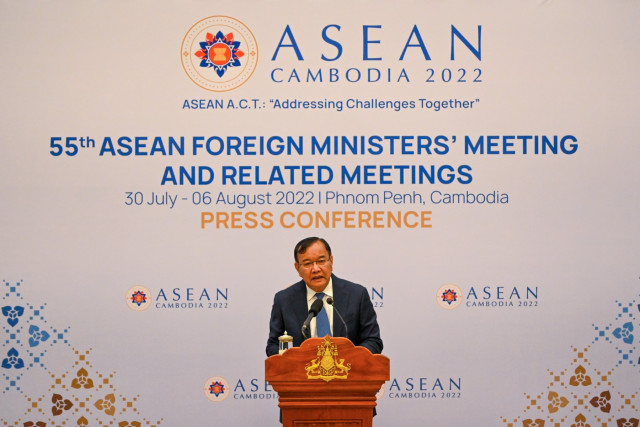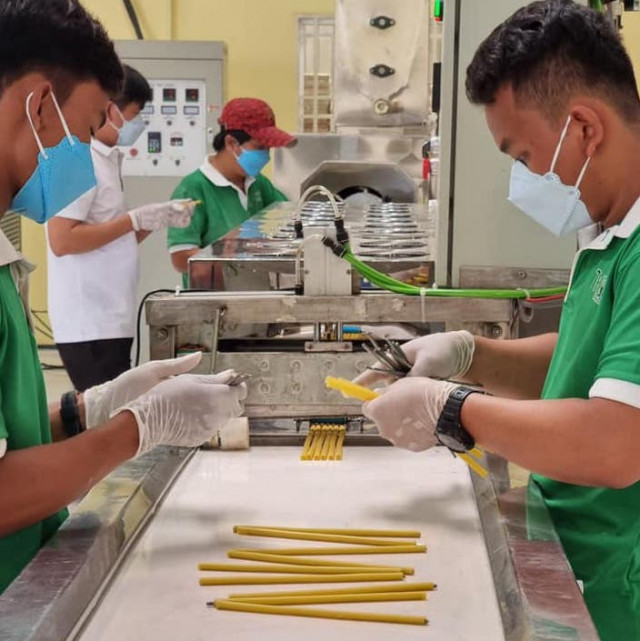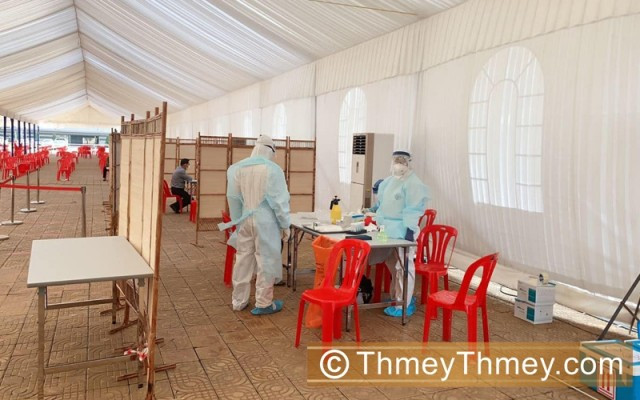ASEAN Chair’s Special Envoy Plans to Visit Myanmar in September in View of the Regime’s Policy and Recent Executions

- By Meng Seavmey
- August 7, 2022 2:22 PM
PHNOM PENH – Cambodia’s Foreign Minister Prak Sokhonn is considering making a third visit to Myanmar in early September 2022 in his capacity of ASEAN Chair’s Special Envoy to assess the country’s implementation of the Five-Point consensus agreed upon as Myanmar’s execution of four political activists has been considered a major setback across the world.
“ASEAN nine has kind of agreed to see how things will evolve [in Myanmar] in the coming weeks and months—I was planning to do this field trip [in] early September if, between now and then, things evolve in a positive way,” the foreign minister said on Aug. 6 at a press conference on the 55th ASEAN Ministerial Meeting and Related Meetings.
The Association of Southeast Asian Nations (ASEAN) nine members were profoundly disappointed and concerned over the executions of the four political activists that took place in July 2022. “The recent executions of activists were considered a major setback [considering] the efforts that we have invested and trying to build trust among parties concerned in Myanmar,” Sokhonn said, adding that this was related to the third priority, which is to have the political process reinstated in that country.
According to the Cambodian foreign minister, the five-point consensus involves three big priorities that must be achieved: the first one is the cessation of violence; the second one is the delivery of humanitarian assistance to those most in need; and the third one is to engage, and to create an environment conducive to reestablishing the political process.
“During my second visit, we had opened this small window—I would even say ‘door’—of hope,” Sokhonn said. “Because we were able to convince the Myanmar authorities to accept those they have considered terrorists to engage and to participate in the peace negotiations we had assigned.”
Since then, Sokhonn said that he has seen no sign of willingness to stop the fight among the parties: All he has seen is the willingness to fight because of the lack of trust and the execution of the activists.
“The fact is that it is a setback to the building of trust that we are trying to have among all concerned parties,” Sokhonn said. “And without ‘this’ trust, the fight will continue, and the political process will never [restart] because no one will come if they fear for their lives.”
Despite this, Sokhonn said that Cambodia, as the current chair of ASEAN, will not give up on Myanmar but that Myanmar’s implementation on the Five-Point Consensus must be visible and tangible to show the progress made.
“I will not give up on my effort to continue to help Myanmar and to help the people of Myanmar not experience the tragedy that Cambodia has experienced,” he said. “We have been through three decades of war and suffering. We know what civil war is about, and we want to avoid civil war [from happening] in Myanmar.”
Sokhonn added that this was his position as ASEAN special envoy and that it will be up to Myanmar’s government based in the country’s capital of Naypyidaw to act in a way that will show that progress will be made.
“Then, we will be able to make our decisions based on such progress,” he said.
According to Thong Mengdavid, a research fellow at the Mekong Centre for Strategic Studies of the Asian Vision Institute, the fact that Myanmar was not involved in the Joint Communique issued by ASEAN at the end of the 55th ASEAN Foreign Ministers' Meeting on Aug. 3 reflected Myanmar’s ignorant attitude toward this regional organization of which Myanmar is a member.
“Regarding whether or not ASEAN Special Envoy will visit Myanmar for the third time—the Cambodian Special Envoy is planning to visit the country next month—however, whether the visit is possible or not it is up to political developments in Myanmar,” he said.
“As the chair, Cambodia is working with all ASEAN member states and dialogue partners to bring peace and development to the region,” Mengdavid said. “Cambodia always urges the Junta to stop all kinds of hostilities and violence toward Myanmar people and asks all conflicted parties to resolve the Myanmar crisis based on a peaceful manner and to accept the ASEAN 5PC [five point consensus].”
But Myanmar’s junta remains, Mengdavid said, “the key and most important player” to make peaceful negotiations through constructive dialogue happen among all parties in conflict in Myanmar as well as with ASEAN.















